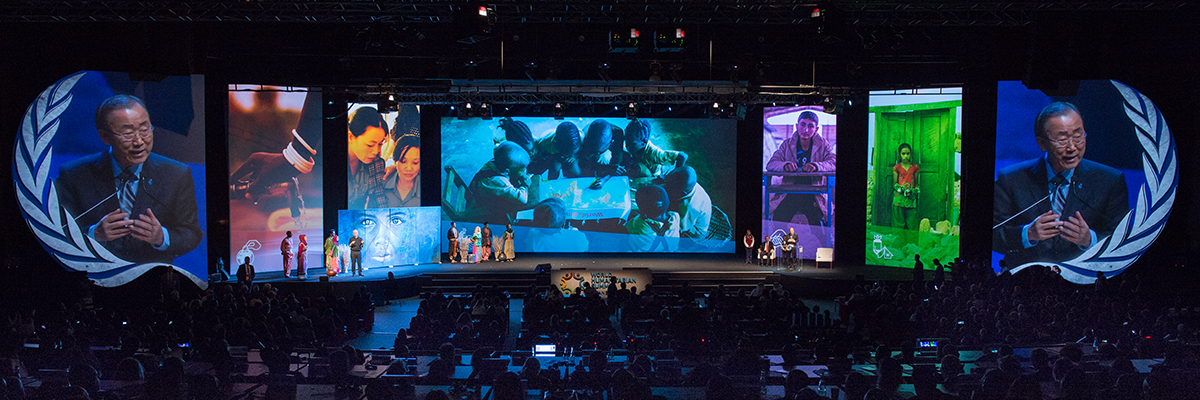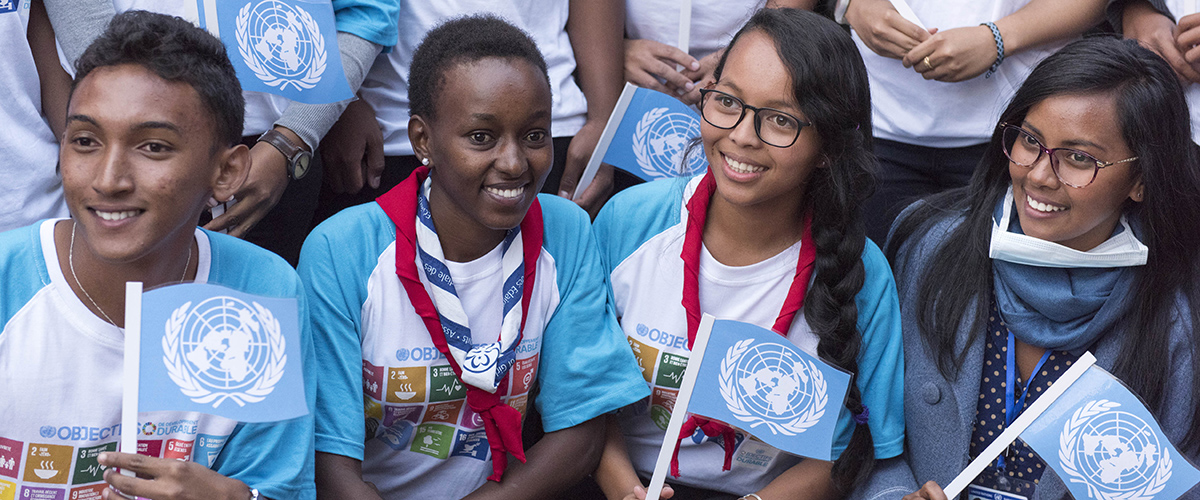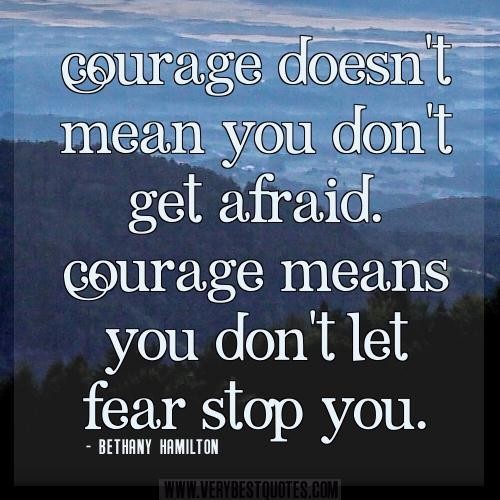 All kinds of books, documents, archives and, of course, nowadays, articles on the web, tell us much about the religions of the world. We can gather detailed information from the earliest stages when human beings started to turn to Someone they believed to be great and powerful and whom they called God.
All kinds of books, documents, archives and, of course, nowadays, articles on the web, tell us much about the religions of the world. We can gather detailed information from the earliest stages when human beings started to turn to Someone they believed to be great and powerful and whom they called God.
From all that I researched, read, studied, I never came across a text similar to the one we find in today’s Alleluia verse (22nd Sunday, year C – Mt.11:29): “Shoulder my yoke and learn from me, for I am gentle and humble in heart.”
The words are amazing, the thought staggering, as for the reality, it is so astonishing… it is difficult to believe!
Were it not for the fact that it is Jesus himself who speaks these words, it could qualify as unreal! The Son of God, God himself, says he is humble!
And, he asks us to learn from him and become as he is. This is, in fact, the message of this Sunday. The example used by Jesus in the gospel (Lk.14:1,7-14) gives us a vivid picture of what this can mean in practice. And there are many other examples, plenty of situations where his teaching can be put in practice.
But… it goes against our natural inclination – that of looking for praise, prestige, power, personal recognition. Who wants to be humble? Who really strives to become so?… The true disciples of the Lord. And I know well I should be among them…
Source: Image: www.slideshare.net

 The Universal Negro Improvement Association and African Communities League (UNIA-ACL) is a black nationalist fraternal organization founded by Marcus Mosiah Garvey. The organization enjoyed its greatest strength in the 1920s, prior to Garvey’s deportation from the United States of America, after which its prestige and influence declined.
The Universal Negro Improvement Association and African Communities League (UNIA-ACL) is a black nationalist fraternal organization founded by Marcus Mosiah Garvey. The organization enjoyed its greatest strength in the 1920s, prior to Garvey’s deportation from the United States of America, after which its prestige and influence declined.
 History of Photography Day
History of Photography Day  I heard someone say : ‘God does not know how to count’. In any case, his way of counting is not ours. The Psalmist had understood this when he wrote: “A thousand years in your sight are like a day” (Ps.90:4) . And through the prophet Isaiah, God had told us already: “My thoughts are not your thought, my ways not your ways” (Is.55:8).
I heard someone say : ‘God does not know how to count’. In any case, his way of counting is not ours. The Psalmist had understood this when he wrote: “A thousand years in your sight are like a day” (Ps.90:4) . And through the prophet Isaiah, God had told us already: “My thoughts are not your thought, my ways not your ways” (Is.55:8).

 2016 Theme: Indigenous Peoples’ Right to Education
2016 Theme: Indigenous Peoples’ Right to Education « Are you ready? » A question that is familiar indeed.
« Are you ready? » A question that is familiar indeed. 